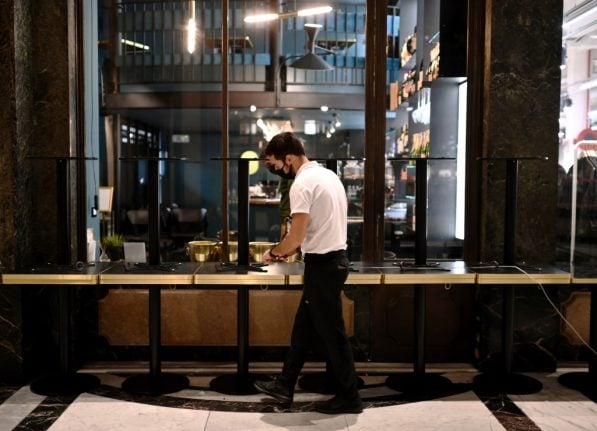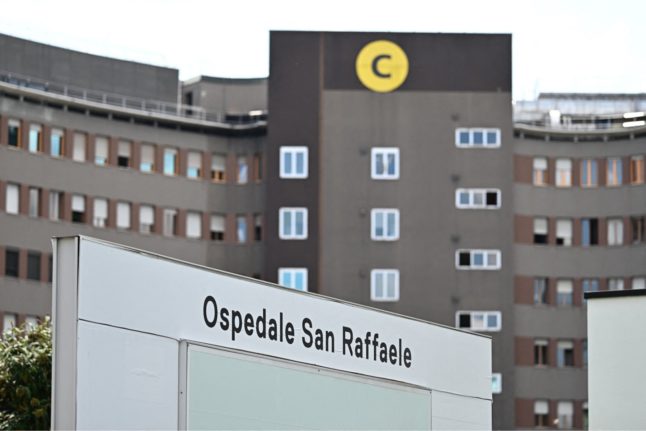Three regions declared coronavirus “red zones” in Italy's north, and Calabria in the country's “toe”, have shuttered non-essential businesses, in measures affecting 16 million people.

In red zones, restrictions on movement resemble those imposed earlier this year during a severe national lockdown, with residents' movements curtailed further.
In addition to not being allowed to travel from one municipality to another, people in red zones are not allowed to move around within their own area, unless for essential reasons, using either public or private transport.

People across Italy have voiced anger and concern after Prime Minister Giuseppe Conte announced the classifications on Wednesday night,
- How Italy decides which regions are Covid-19 red zones
- The form you need to go out at night under Italy's national curfew
- Which schools stay open under Italy's new emergency measures?



 Please whitelist us to continue reading.
Please whitelist us to continue reading.
How long before Italy’s economy completely collapses? And why is Piemonte red when Campagnia is not? Isn’t Naples a hot spot? Why are Langhe and Roero until the same restrictions as Torino when their hospitals are not experiencing spikes in admissions? Why are government officials so blind to reality that this will kill their society? And why are teachers telling little children that if they don’t wear their masks, their nonni will die? Lots of “why’s”…and no answers. Thank you China. You have won the biological war.